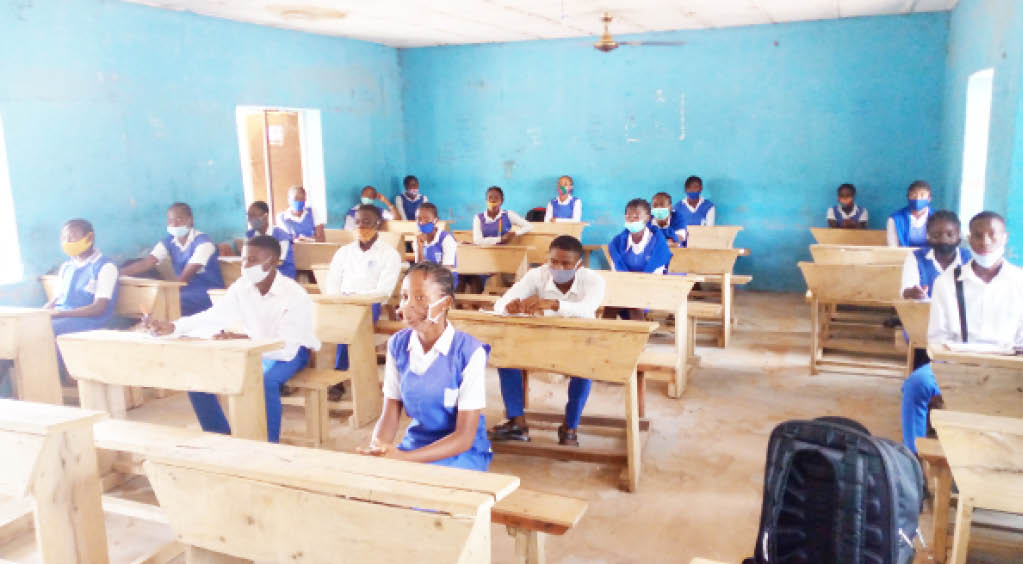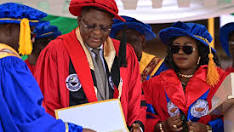Digital Literacy, AI, Entrepreneurship Now Compulsory in FG’s Rejigged School Curriculum

The Federal Government has released the full list of subjects under the newly introduced national school curriculum, set to take effect from the 2025/2026 academic session.
The updated curriculum, unveiled on Sunday and shared publicly on Wednesday by Dada Olusegun, Special Assistant on Social Media to President Bola Ahmed Tinubu, introduces sweeping reforms aimed at aligning Nigerian education with global standards and preparing students for a technology-driven economy.
At the Junior Secondary School (JSS) level, the curriculum makes digital literacy and basic entrepreneurship compulsory, with students expected to acquire hands-on knowledge in Microsoft Office tools, internet research, and introductory coding using Python and Scratch.
Robotics has also been introduced with basic kits. Core subjects such as Mathematics, English Language, Integrated Science, Social Studies, Languages, Creative Arts, and Physical & Health Education remain, but now include expanded content such as advanced grammar, climate studies, and reproductive health.
For Senior Secondary School (SSS), the government has gone a step further by introducing programming, artificial intelligence, and new international languages as part of the core academic framework. Students will take courses in advanced Mathematics, English and Communication skills, and Sciences, while also engaging in Technology and Innovation subjects covering data science, cybersecurity, robotics, and digital entrepreneurship. The Social Sciences arm includes government, law, economics, history, philosophy, and ethics, while languages will extend to French, Arabic, and Chinese. A final-year research project has been made mandatory for all SSS students.
Olusegun, who posted the subject outlines on his X handle, described the reform as a landmark step in modernizing Nigeria’s education sector. “The new curriculum for Nigerian schools, which will commence from the next session in September 2025, has been released,” he wrote.
Education stakeholders have hailed the overhaul as timely, noting that the inclusion of coding, AI, and entrepreneurship in secondary education places Nigeria among countries adapting curricula to meet the demands of the digital economy.
The Federal Government said the new framework is designed not only to strengthen academic standards but also to ensure students acquire practical skills, creative capacity, and global competitiveness from an early age.









